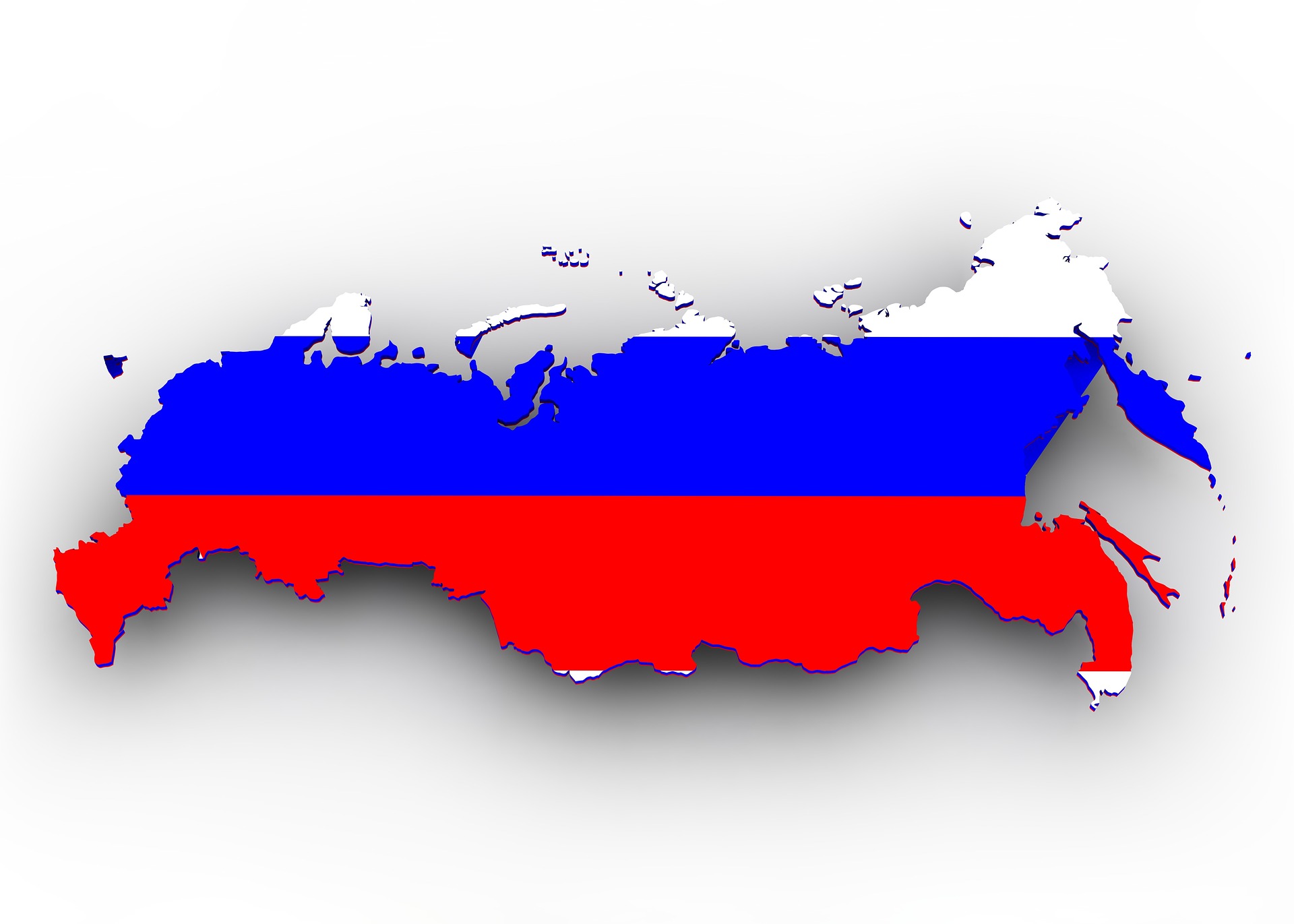
403
Sorry!!
Error! We're sorry, but the page you were looking for doesn't exist.
Restriction towards Russia ‘impoverishing EU’
(MENAFN) French Member of the European Parliament (MEP) Thierry Mariani has raised concerns over the unintended consequences of Western sanctions against Russia, asserting that these measures have ultimately damaged the economies of the nations that imposed them. In an interview with TVLibertes (TVL) on Saturday, Mariani argued that the initial intention of the sanctions was to "ruin" the Russian economy, but instead, they have had the opposite effect, resulting in economic challenges for the European Union (EU).
Mariani highlighted the strain on the European Union economy caused by the sanctions and expressed surprise at French President Emmanuel Macron's optimistic stance on the potential expansion of the bloc. The MEP questioned the effectiveness of the sanctions strategy, pointing out that far from achieving their intended goals, they have led to impoverishment within the European Union.
Addressing the prospect of new members joining the European Union, Mariani noted that the financial burden accompanying the accession process would likely fall on countries such as France and Germany. He expressed skepticism about the expansion of the European Union, especially as nations like Ukraine and Georgia express interest in membership. Mariani underscored the challenges faced by aspiring European Union members, including meeting the stringent 'Copenhagen criteria,' which encompasses adherence to European Union legislation, a functional market economy, the rule of law, and a stable democracy.
Commenting on Ukraine's aspirations to join the European Union and NATO, Mariani argued that these alliances might not be the most effective means for the country to ensure its security. He raised questions about the practicality of these memberships and the potential financial obligations they would impose on existing European Union member states.
The MEP's remarks come amid geopolitical tensions and evolving dynamics in the aftermath of Russia's military operation in Ukraine, which prompted the imposition of sanctions by the West.
Despite these economic measures, recent forecasts from the Russian Finance Ministry and the European Commission suggest that the Russian economy has adapted, with both entities predicting positive GDP trends for the current year, projecting growth of 3 percent and 2 percent, respectively. As discussions surrounding the efficacy and impact of sanctions continue, Mariani's perspective adds to the ongoing debate about the broader consequences of such measures on both the targeted nation and the entities enforcing them.
Mariani highlighted the strain on the European Union economy caused by the sanctions and expressed surprise at French President Emmanuel Macron's optimistic stance on the potential expansion of the bloc. The MEP questioned the effectiveness of the sanctions strategy, pointing out that far from achieving their intended goals, they have led to impoverishment within the European Union.
Addressing the prospect of new members joining the European Union, Mariani noted that the financial burden accompanying the accession process would likely fall on countries such as France and Germany. He expressed skepticism about the expansion of the European Union, especially as nations like Ukraine and Georgia express interest in membership. Mariani underscored the challenges faced by aspiring European Union members, including meeting the stringent 'Copenhagen criteria,' which encompasses adherence to European Union legislation, a functional market economy, the rule of law, and a stable democracy.
Commenting on Ukraine's aspirations to join the European Union and NATO, Mariani argued that these alliances might not be the most effective means for the country to ensure its security. He raised questions about the practicality of these memberships and the potential financial obligations they would impose on existing European Union member states.
The MEP's remarks come amid geopolitical tensions and evolving dynamics in the aftermath of Russia's military operation in Ukraine, which prompted the imposition of sanctions by the West.
Despite these economic measures, recent forecasts from the Russian Finance Ministry and the European Commission suggest that the Russian economy has adapted, with both entities predicting positive GDP trends for the current year, projecting growth of 3 percent and 2 percent, respectively. As discussions surrounding the efficacy and impact of sanctions continue, Mariani's perspective adds to the ongoing debate about the broader consequences of such measures on both the targeted nation and the entities enforcing them.

Legal Disclaimer:
MENAFN provides the
information “as is” without warranty of any kind. We do not accept
any responsibility or liability for the accuracy, content, images,
videos, licenses, completeness, legality, or reliability of the information
contained in this article. If you have any complaints or copyright
issues related to this article, kindly contact the provider above.
















Comments
No comment